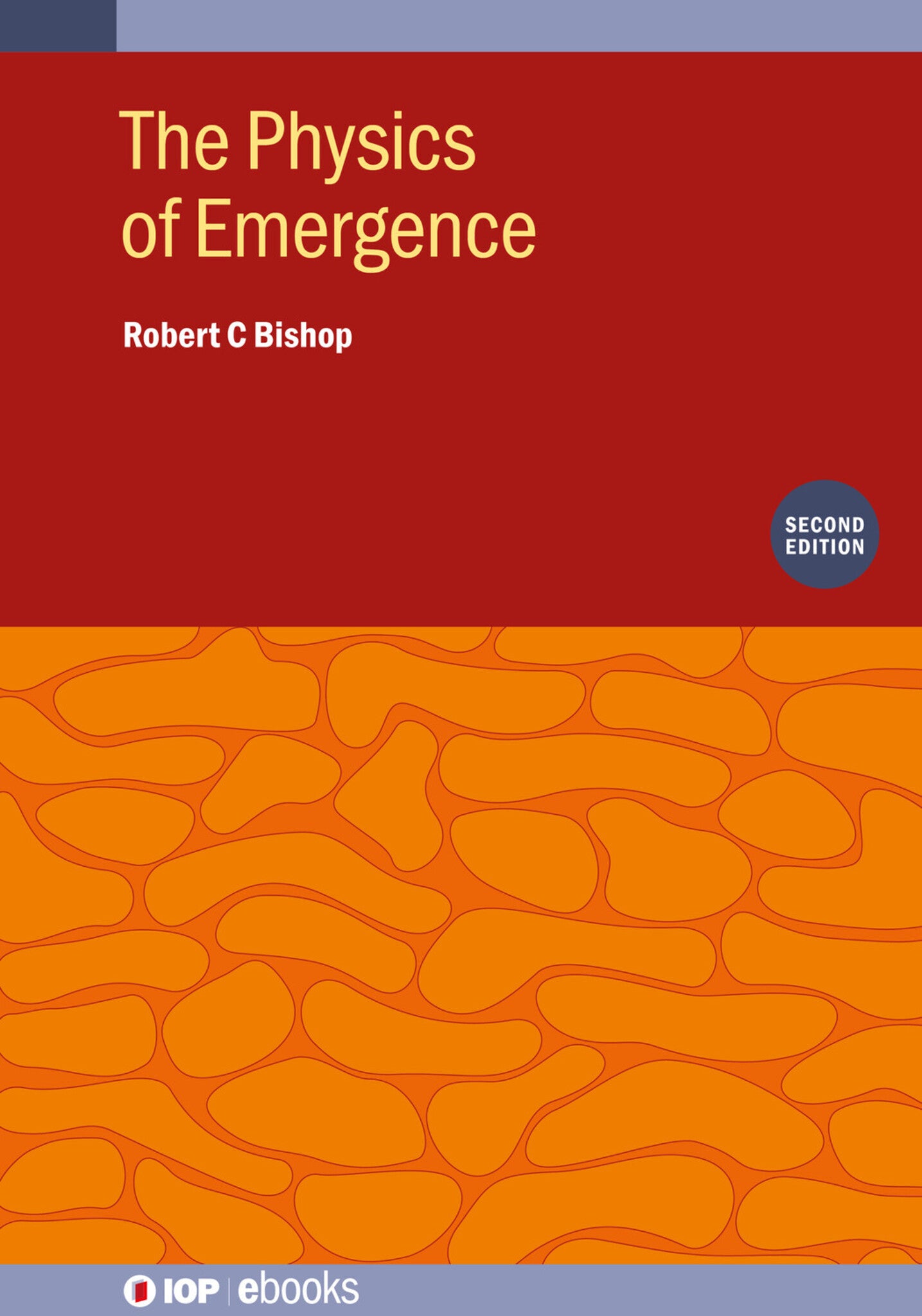We're sorry. An error has occurred
Please cancel or retry.
The Physics of Emergence (Second Edition)

Some error occured while loading the Quick View. Please close the Quick View and try reloading the page.
Couldn't load pickup availability
- Format:
-
22 July 2024

It is not unusual among particle physicists to find the belief that elementary particles and forces determine everything in physics, chemistry, biology, geology, physiology all the way up to human behaviour. It is not just that physics underlies everything in the universe; it is the belief that everything in the universe reduces to the play of elementary particles under forces. Yet, there are other physicists who argue that this is an oversimplification of the relationship between physics and other domains. This book explores these debates and proposes a physics-motivated conception of emergence that leaves behind many of the problematic intuitions shaping the philosophical conceptions. It would be suitable for physicists, scientists, undergraduate and postgraduate science students interested in reduction and emergence debates.
Key Features:
- Explains need for an ontological form of emergence as an alternative to reductionism and strong emergence.
- Situates physics debates about reduction and emergence historically.
- Elucidates and illustrates the contextual emergence pattern in physics and other sciences.
- Discusses broader implications of the pattern of emergence in physics.

SCIENCE / Physics / Nuclear, Particle and high-energy physics, SCIENCE / History, History of science, Classical mechanics

-
Brief history of the debate
-
Some physics objections to emergence
-
Contextual emergence
-
Case studies from physics
-
The Renormalisation Group
-
Responding to objections
-
Broader implications



